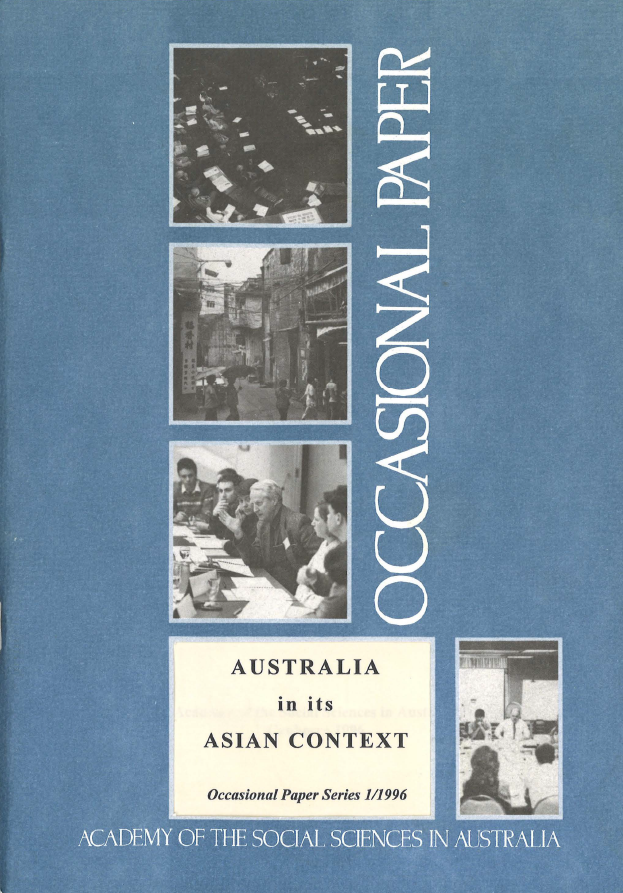There was a time, in the first half of the twentieth century, when the earth’s climate was regarded as pretty well known and well understood and all that remained for the science of climatology was to build up the length of the record and fill in the remaining geographic detail. Over the past fifty years, however, we have come to realise that uncertainty pervades almost every aspect of our understanding of the global climate system and of our use of that understanding in decision-making by governments, industry and the community at large. Indeed, it was only in the mid-1980s, a few years after the establishment of the World Climate Programme by the World Meteorological Organization (WMO) that the then President of the WMO Commission for Climatology coined the term ‘the uncertainty business’ for the study and exploitation of risks and opportunities in weather and climate.
It was also in the mid-1980s that the prospect of dangerous human interference with the working of the global climate system, through mechanisms that had been reasonably well understood for almost a century but for which clear warnings had only emerged from within the scientific community some three decades earlier, eventually surfaced on the international political scene as a potentially serious threat to the future of humanity. It took a few more years before the pressures for resolution of the many initially identified scientific uncertainties in the determination of global warming from an enhanced greenhouse effect led to the establishment, by the WMO and the United Nations Environment Programme (UNEP), of their joint Intergovernmental Panel on Climate Change (IPCC) with the task (in summary) of assessing the available scientific information on climate change; and formulating response strategies for addressing the climate change issue.
The uncertainties surrounding climate (and especially climate change) are not limited to what will happen in the future but span the complete spectrum from our knowledge of past climate; and our understanding of the mechanisms of present-day climate; to our ability to predict future climate.
An in-depth understanding of the nature and significance of these uncertainties is essential for the formulation of properly informed national and international action on the greenhouse issue. Unfortunately, however, neither governments, stakeholder groups nor the community at large have found it easy to come to grips with the uncertainties of greenhouse science. To only slightly oversimplify:
- governments tend to look to the scientific community for clear and simple answers and become frustrated with equivocation and the fact that, as fast as scientific research resolves key uncertainties, new uncertainties are identified;
- those in the key stakeholder communities (especially the fossil fuel industry and the environmental movement at the extremes) tend to overstate either the uncertainties or the certainties to try to get government and community acceptance of the message that they want the science to deliver; and
- the community at large, who have learnt that science can predict the exact time of eclipses centuries ahead and technology can land a man on the moon, do not understand what is preventing the scientific community from doing just as well with climate change.
For their part, the expert scientific community have tended to split into two groups: the large majority who see the intergovernmentally-supervised, scientific-peer-review, consensus-based assessment process of the IPCC as the best way of communicating the contemporary state of the science in policy-relevant but policy-neutral terms and who agree with, or are prepared to accept the scientific integrity of, the IPCC conclusions; and a much smaller group who, for whatever reason, take exception to the concept of consensus in science, disagree with one or more of the IPCC conclusions and seek to talk up the various sources of uncertainty identified in the IPCC assessments.
In these circumstances, a significant part of the contemporary challenge of the climate change issue is that of achieving a much more widely shared understanding of both the certainties and the uncertainties of climate change science and of better factoring them into the policy response process. Ten years ago, the Australian Academy of Science (AAS), the Academy of Social Sciences in Australia (ASSA) and the Australian Academy of Technological Sciences and Engineering (ATSE) joined forces to guide a national evaluation of climate change science focusing on current understanding and uncertainties. This was updated in 2002 following the release of the IPCC’s Third Assessment Report. The present paper attempts to summarise and further update the earlier Academies’ assessment in respect of the uncertainties of climate change science, drawing particularly on some recent summaries of the work of the IPCC.

